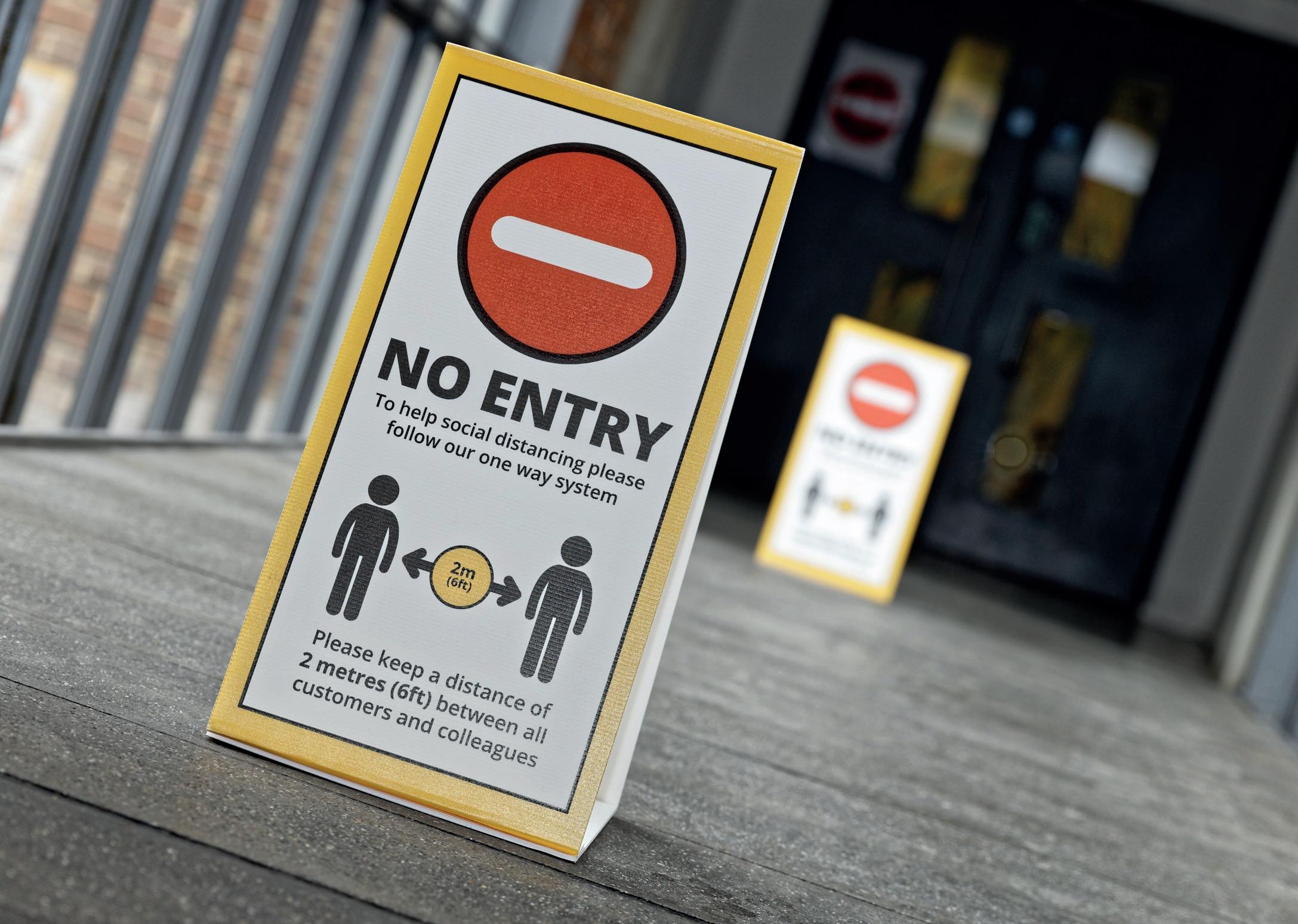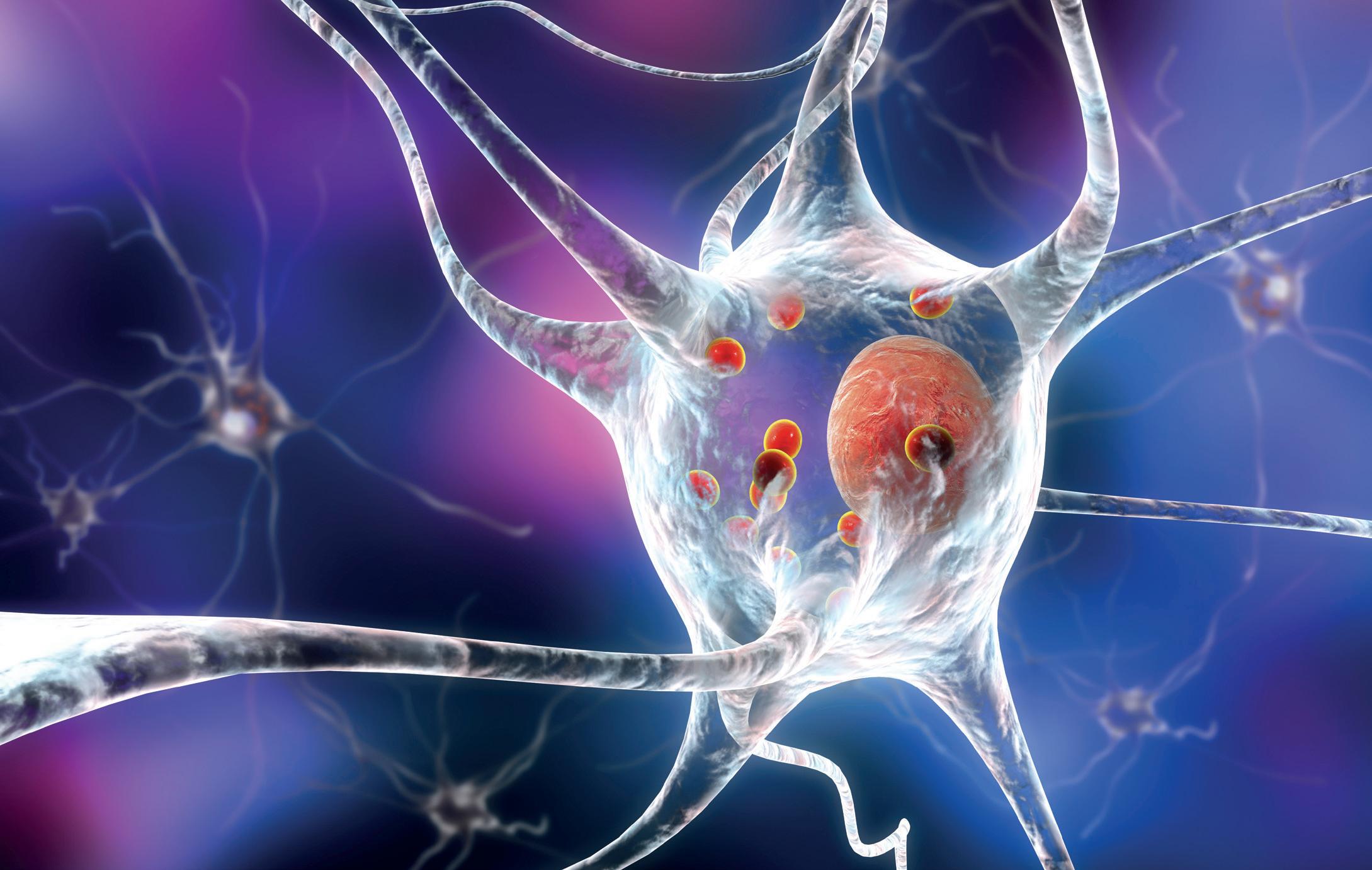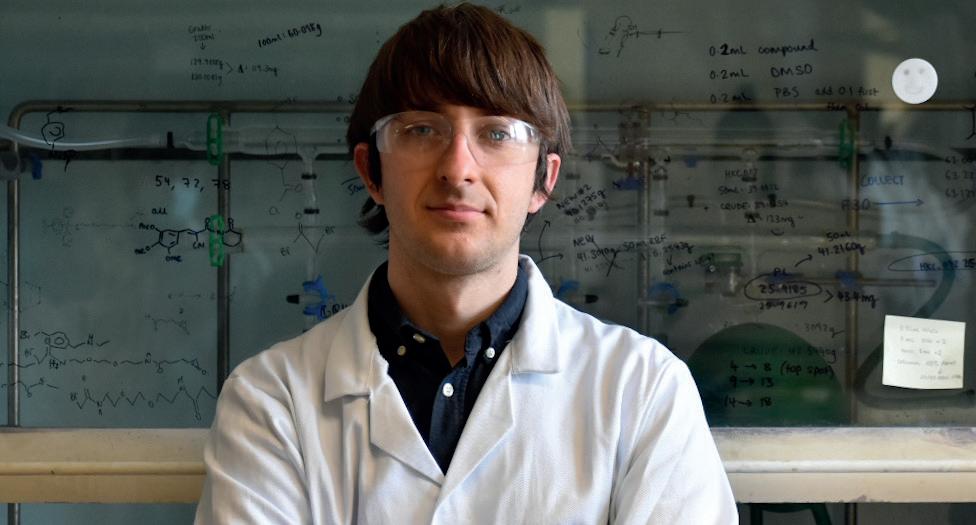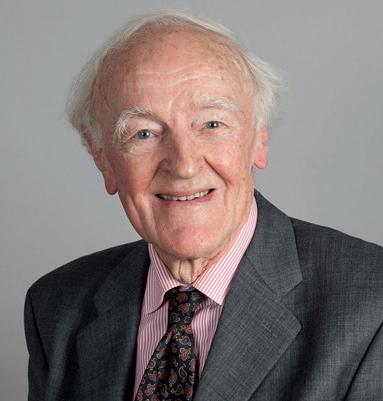
3 minute read
Lockdown eases
from Chem@Cam Issue 62
As this issue goes to press, we are looking forward to an Easter term in which social distancing and other Covid-19 restrictions are gradually eased.
Labs will continue to operate with social distancing restrictions in place.
“We had been hoping that the majority of undergraduate students would be back in Cambridge than 10,” James notes proudly. “When a case has been identified our own version of track and trace goes into action, and because of this we have largely avoided for the Easter term – the place is just not the onward infection.” same without them,” says Head of Department Dr James Keeler. “Unfortunately, the latest review Continued vigilance has been essential to this success, of the government’s road map leaves many of and the Department will continue to apply restrictions our students wondering when they may be able to return. I know Cambridge has at every opportunity been making a strong case to the government to move towards the easing of restrictions, “As an institution, our University has shown immense resolve and resilience. As a community, we have shown solidarity and kindness.” as long as they are needed. “The current understanding is that aerosol transmission in social settings is one of the most significant routes of infection. So social distancing, effective ventilation and the use of but new guidance won’t be given Vice-Chancellor face coverings remain the key ways until at least 17 May.” Stephen Toope in which we will continue to keep ourselves safe,” James notes. “Luckily, During the Lent term the building has continued the synthetic labs, which are the ones we most need to be open for experimental research under to use, all have excellent forced ventilation – you could strict guidance. “Everyone in the Department has say with some justification that working at a fume behaved so responsibly that the number of positive cupboard is probably, from a Covid point of view, a Covid cases over this entire period has been less pretty safe place.”

The one-way system is keeping Department members fit.
James also credits the University’s successful and rigorous their research projects – which is such an important testing programme for the small number of cases in the experience. Students whose projects were principally Department. “I think it’s safe to say that theoretical or data based were mostly able the University’s asymptomatic testing “My thoughts today are to complete their projects. But those who programme has been an unqualified with all those colleagues really needed to do experimental work have success,” he says, noting that it was and students who have been asked to write up what they have expanded last term to cover postgraduates been personally afflicted by done and then supplement this with living out of college accommodation. COVID-19, who have endured a critical literature review.”
losses, or who have had to take
“The University has also provided lateral on extra caring duties over the Despite the continued uncertainties ahead, flow tests to staff members whose past year.” James remains optimistic, and is grateful to work requires them to come into the Department regularly, or who are at higher risk because of the need to use Vice-Chancellor Stephen Toope all those in the Department who continue to work together to get us through this challenging time. “Now, we just can’t wait public transport or because they interact for the students to be allowed back,” he says. frequently with other people. All this testing gives us confidence that the risk of coming into the Department Career Support Fundis as low as we can make it – it has been a real boost to our confidence.” The University has created a Career Support Fund to help staff (at all levels) whose careers have been disrupted as James is the first to admit it has been a difficult year for the students. “In the Lent term all our lectures, supervisions and even practicals were held online, which of course is not ideal,” he says. “I especially feel for final year students who were not able to complete experimental work on a direct result of the pandemic, or due to a career break taken for caring responsibilities. It provides grants of up to £10k and will run in three rounds for the 2020 to 2021 academic year. www.hr.admin.cam.ac.uk/career-support-fund










